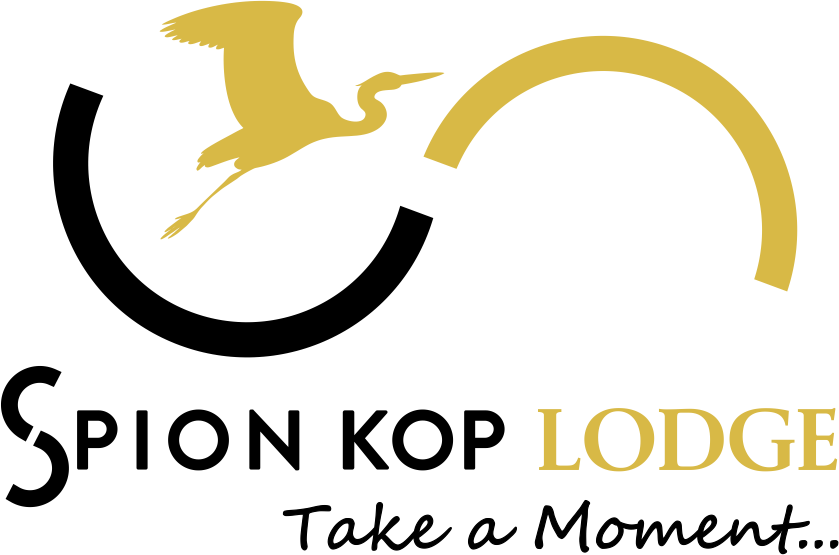History
South Africa - Kwazulu Natal a province of excitement and mystery, where the past meets the present in a destination of astonishing natural beauty-a melting pot of traditional and western culture.
From the ashes of the tragedy of the South African War of 1899-1902, fought between the people of South Africa and Britain and the allied men from Canada, Australia and New Zealand, who joined this war, being the first time that troops from overseas fought under their national banner –
The Boers (The Citizen’s Army), whose tactics and weaponry were the accepted view of warfare, they perfected the art of guerrilla war against their enemy. Not only were these two opponents to suffer, but also the Inguni people and Indians played supporting roles for both sides – there were times when indigenous people were deployed to fill defensive tasks and the medical services were assisted by the Indians.
Raymond Heron (F.R.G.S) has a fascinating presentation on the affects, which this war had on the History for the people of South Africa and Britain. Half a million troops took part, of which 22 000 were to die, 16 000 from disease
The long history of conflict in Southern Africa going back to 1652 when the Dutch East India Company established a supply station at the Cape, had been a cause of contention between the British and the descendants of the Dutch settlers, Afrikaaners or Boers as they were referred to – providing an understanding of the History of the South African people and reason why Britain played such a huge roll in South African History.By taking people through what Raymond Heron believes are the watershed years for South Africa, those years that had the greatest effect in shaping the country, one begins to understand the fundamentals of our history and the amazing parallels this war has in common with the War in Iraq.It is not possible to understand modern day South Africa ,without examining her past.
Included in the talk as Raymond paints a vivid picture of the personal trauma and military mindset that resulted in the slaughter of so many British and Boer soldiers are:
Winston Churchill’s link with KwaZulu-Natal- “15th November 1899,an incident involving an armoured train, helped to catapult one of the world’s greatest statesmen into his political career.”
Colenso (15th December 1899) and the Thukela Heights (12th to 28th February 1900). “Where a series of battles where principles changed to such an extent that the British honed their tactics from the battle of the Thukela Heights during the First World War. The British Army uses this change in philosophy as part of its adaptation in battle.”
The Battle of the Thukela Heights “ until world war 2, this was the largest battle fought by the British in Africa and until the Falklands War, the biggest they had fought in the Southern Hemisphere. ”
Spion Kop (24th January 1900)
"Stand on the hill where history was written"- Spion Kop was the scene of one of the most futile and perhaps bloodiest of all battles fought in the 1899 – 1902 South African War. During Raymond’s vivid presentation you are able to relive the memories of that War and walk in the footsteps of three great leaders, Gen Louis Botha, the Union of South Africa’s first Prime Minister who helped draft the constitution of the League of Nations; Mohandas Gandhi, later the Mahatma and Winston Churchill, Britain’s most famous Prime Minister. Imagine how the history of South Africa, India and Great Britain might have changed had one, two or all three of them been casualties in this battle.
This was the most expensive war fought by Great Britain in both the lives lost and in financial terms.
For South Africa the concentration camps where 28 000 women and children and 14 000 indigenous people died in appalling conditions.
These were the consequences of this war- a major turning point in world history, perhaps not as glamorous as the Anglo- Zulu War, yet still a story of tragic events.
Raymond’s message will try to ensure that the lessons of the past become the beacons of the future.

Share This Page